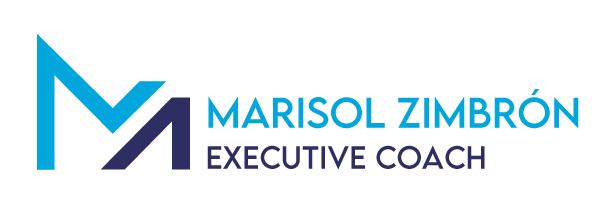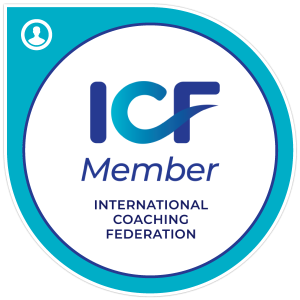Thriving in VUCA Environments through Executive Coaching
In today’s rapidly changing business landscape, marked by Volatility, Uncertainty, Complexity, and Ambiguity (VUCA), leaders are increasingly faced with challenges that test their adaptability, decision-making capabilities, and resilience. Executive coaching has emerged as a pivotal tool in empowering leaders to navigate these tumultuous environments successfully. This article delves into how executive coaching can be a linchpin for thriving in VUCA settings.
Understanding VUCA
Before we explore the role of executive coaching, it’s crucial to understand the elements of VUCA:
- Volatility: The nature and dynamics of change, and the speed and volume at which it occurs.
- Uncertainty: The lack of predictability and the prospects for surprise.
- Complexity: The multiplex of forces, the confounding of issues, and the chaos that surrounds an organization.
- Ambiguity: The haziness of reality and the potential for misreads of situations.
These elements describe a business environment that is unpredictable and fraught with challenges that can be difficult to understand and manage.
The Role of Executive Coaching in VUCA Environments
Executive coaching plays a significant role in preparing leaders to not just survive but thrive in VUCA environments. Here’s how:
- Enhancing Adaptability: Coaching helps leaders develop a mindset that embraces change as an opportunity rather than a threat. Coaches work with executives to enhance their adaptability, enabling them to pivot quickly in response to volatile situations.
- Building Resilience: Resilience is paramount in uncertain times. Executive coaching supports leaders in building emotional resilience, helping them to bounce back from setbacks and maintain a positive outlook amidst uncertainty.
- Fostering Decision-Making Skills: In complex environments, making clear, informed decisions becomes more challenging. Coaches provide tools and frameworks that help executives cut through complexity, analyze situations effectively, and make decisions with confidence.
- Clarifying Vision and Purpose: Ambiguity can cloud judgment and direction. Coaching assists leaders in clarifying their vision and purpose, ensuring that they remain focused and aligned with their core values and goals, even when the path ahead is unclear.
- Enhancing Emotional Intelligence: Emotional intelligence is crucial for leading effectively in VUCA environments. Coaches work with leaders to enhance their self-awareness, empathy, and communication skills, which are vital for leading teams through uncertain and challenging times.
- Promoting Innovation and Creativity: Thriving in a VUCA world requires innovation and creativity. Executive coaching encourages leaders to think outside the box, challenge the status quo, and foster a culture of innovation within their organizations.
- Developing Strategic Thinking: Coaches help leaders strengthen their strategic thinking skills, enabling them to anticipate and prepare for potential future scenarios. This forward-thinking approach is essential for navigating complexity and ambiguity.
- Cultivating a Learning Mindset: A key aspect of thriving in a VUCA environment is the willingness to learn and grow continuously. Executive coaching fosters a learning mindset, encouraging leaders to seek out new experiences, learn from their mistakes, and continuously adapt their strategies.
The volatile, uncertain, complex, and ambiguous nature of today’s business world demands a new breed of leaders—ones who are adaptable, resilient, and strategic. Executive coaching is a vital tool in developing these qualities, enabling leaders to not only navigate the challenges of VUCA environments but to thrive within them. By fostering adaptability, resilience, strategic thinking, and a learning mindset, executive coaching empowers people to lead with confidence, no matter how turbulent the seas they navigate.


